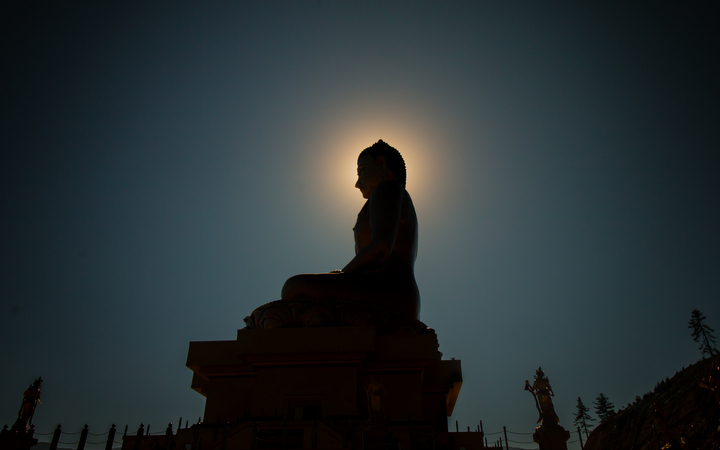Have you noticed a marked difference between doing something because you want and feeling like you’re being forced to do it? It’s not just your imagination. There’s something very real going on that you should understand. Find out here what it is and why being true to yourself feels so good.
One of two things can happen: either you’re doing something because you really want to do it or you’re doing it because something or someone is forcing you to do it. In the language of psychology, it’s called intrinsic and extrinsic motivation.
Intrinsic motivation means the action is coming from you. You embrace it, you understand it and you want to do it to fulfill your goals. Feels good before, during and after you do it. In “The 3T Path” book I explain this in terms of living your dharma. When you’re living your dharma, you’re living your essence. Dharma is your essence in action.
Extrinsic motivation means that you’re being driven to do something for external reasons. Maybe it is your idea, but you’re doing it for money, or you’re doing it to fit in socially. Maybe you’ve got a job – you asked for the job, you need the job – but you have no joy in it and you’re just there to get the paycheck. So, you work, but your motivation is totally extrinsic. Not a happy place to be, right?
The experience is so different because, neuroscience shows, these two processes act on a different part of the brain! Two people can be doing the same thing, but different parts of their brain are more activated, because one is doing the thing intrinsically motivated and the other extrinsically motivated. This is serious stuff. When we’re doing something intrinsically motivated we’re being true to ourselves. It’s you really being you. That’s why it feels so good. This is how you want to live.
So, what can we do about this? First, be mindful and self-observant. Observe yourself and your feelings at all times. Be aware of how you’re feeling. Are you doing something you want to do, that you find meaning in doing, or not? If not, why aren’t you being true to yourself?
If you’re not doing something you want to do, something that’s intrinsically motivated, then you can do one of two things:
- Adjust your attitude. Look deep for meaning in what you’re doing. Find the intrinsic motivation in your work, exercise routines and relationships. See in what way what you’re doing right now is actually important in fulfilling your goals and in being who you are.
- Do something else. If you just can’t find meaning in what you’re doing, you have to change it. Don’t settle for living a life that’s not yours. Don’t sell you soul and have a job you hate, just for the money. Don’t be in a relationship that’s not for you, just because you think you have to or because you’re worried about the opinion of others. Sure, you can’t just quit your job, you have bills to pay, etc. But you certainly can seek to adjust things. Move towards a more meaningful life, career and relationships, towards being your true self.
Being true to yourself feels so much better and it’s physiologically a different experience. This is the basis of a good life. Every effort you put into making this happen is well worth it.
Here’s my video on this topic.
Check out what they are saying about my book, “The 3T Path”: “This impressive book from Giridhari Das makes it clear why he is a spiritual internet star. This systematic, eloquent book provides valuable guidance for those seeking serious spiritual progress.” – Hridayananda Das Goswami










